Finland is ranked first in the Personalised Health Index. The index, generated by Roche’s Future Proofing Healthcare initiative, examines the level of digitisation and preparedness of European countries to adopt advanced solutions in healthcare. An independent expert panel developed the index by using public third-party data such as reports from the World Health Organization and the World Bank.
Minna Hendolin, a member of the expert panel and leading specialist in Sitra’s Health Data 2030 project, offers an explanation for Finland’s success: “Finland’s good performance is due to a combination of factors, for example, a high level of trust in society. Additionally, Finland is technologically advanced in all areas of society and there is good collaboration between governmental bodies.”
But even though Finland is ranked highest, Hendolin says there is still room for improvement: “We need more agile ways of integrating new innovations and care models into our health system. As a small country, Finland could also be more active in international co-operation.”
TEHDAS joint action lays the foundation for a European Health Data Space
The index demonstrates that there is still a lot of work to be done in progressing towards personalised healthcare across Europe. Each country is different in terms of data infrastructure, the level of digitisation and policies. The European Commission has taken action to boost the digital transformation within the health sector by launching the European Health Data Space initiative, outlined in the EU Data Strategy.
Sitra is co-ordinating a three-year project called TEHDAS, a joint action Towards the European Health Data Space. With the TEHDAS project, the commission and 26 European countries are developing principles for governance, infrastructure and the use of health data across Europe. The aim is to ensure secure, easy and seamless access to protected health data for the benefit of citizens, researchers, companies and communities in Europe.
According to Hendolin, “health still lags far behind other sectors in harnessing the potential of data, thereby missing the opportunity to develop better healthcare services and scalable businesses, not to mention saving a significant number of lives and billions of euros.”
If you are interested in joining the TEHDAS project, the call to participate is open until 21 March 2021.
Read more of Minna Hendolin’s thoughts in her interview with Roche.
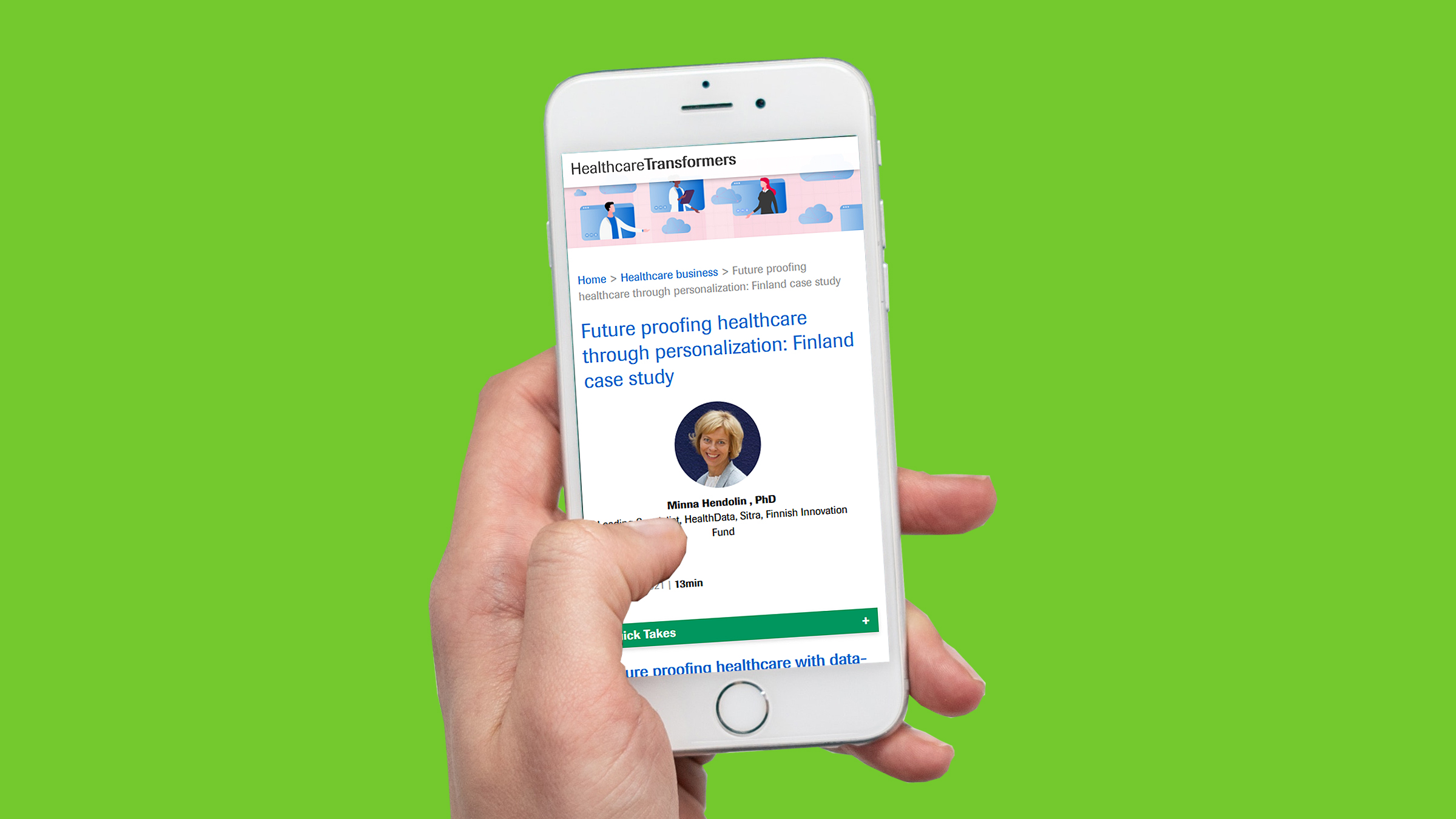


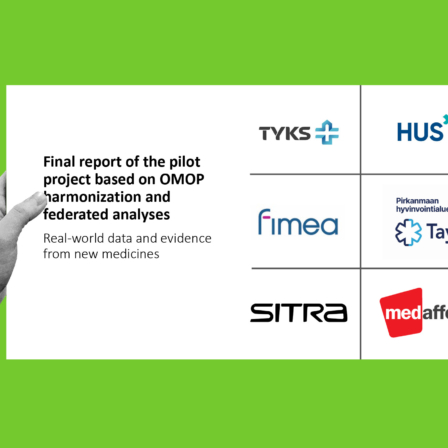
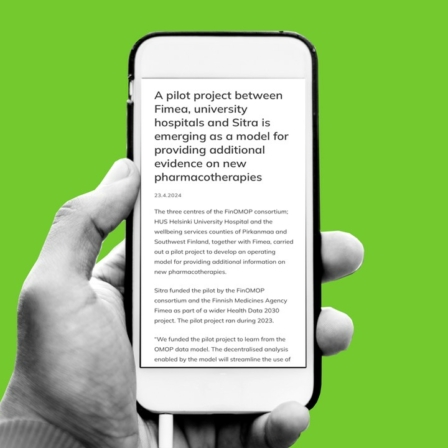
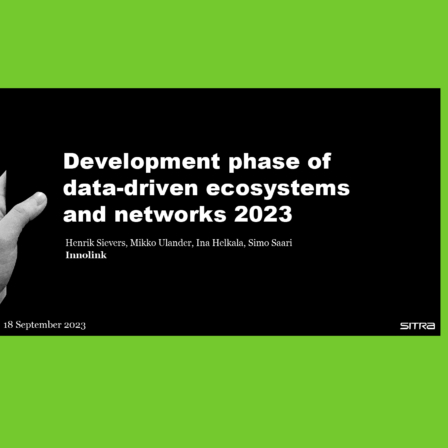
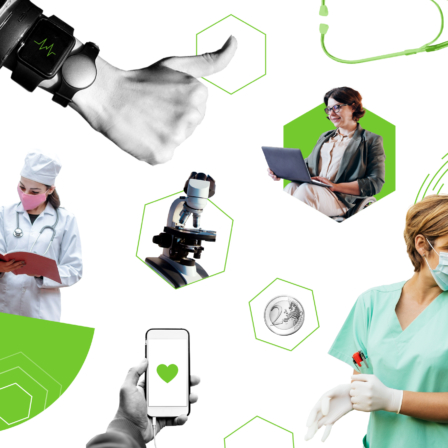
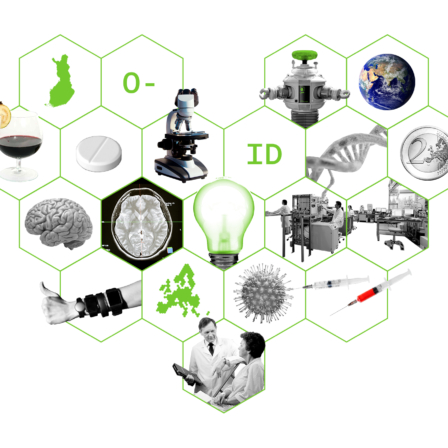
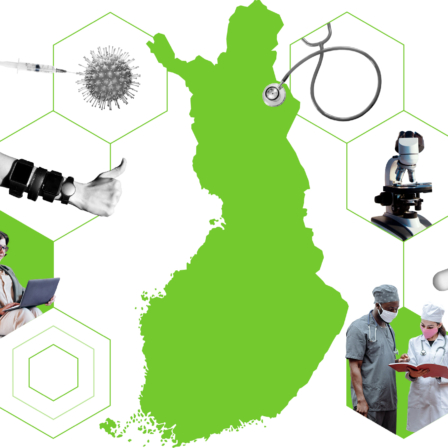
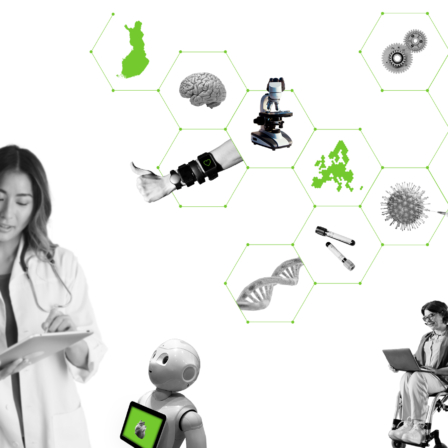
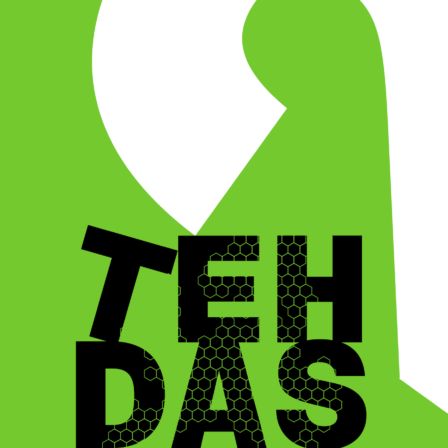
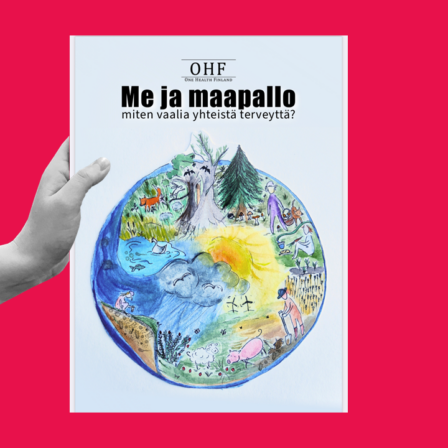


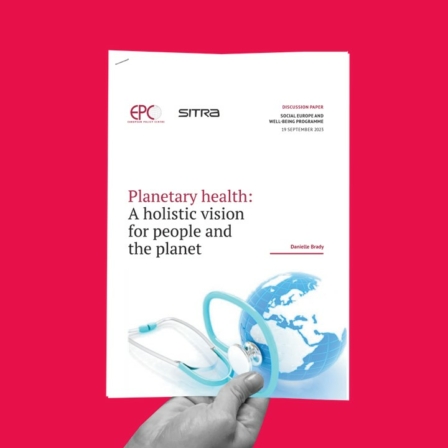
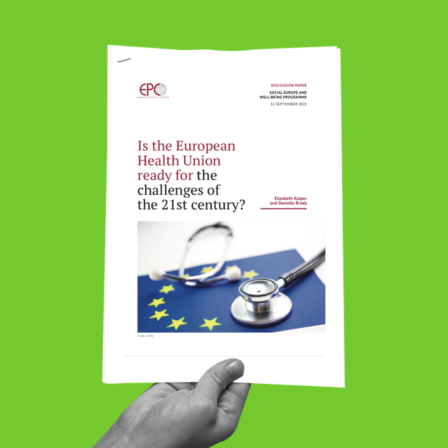

Recommended
Have some more.